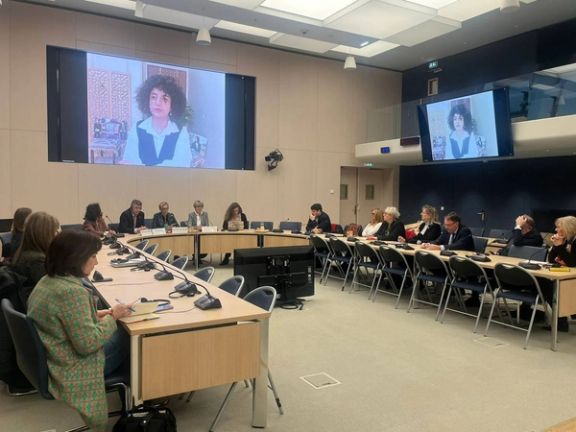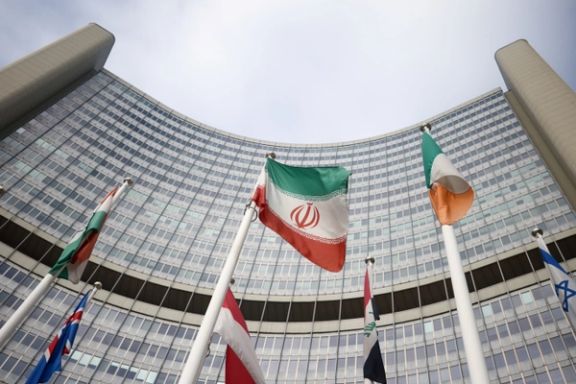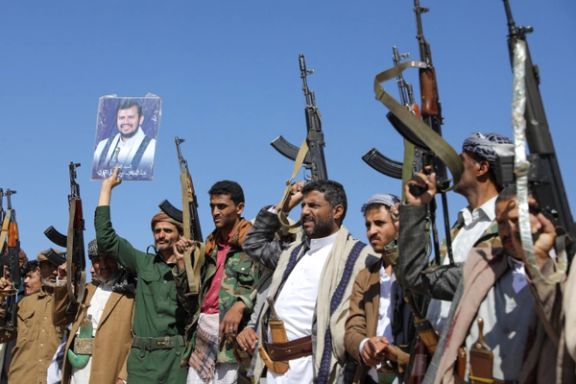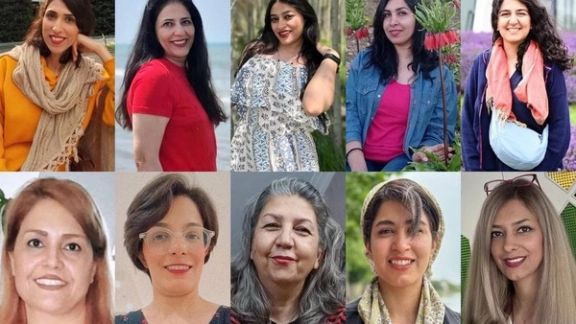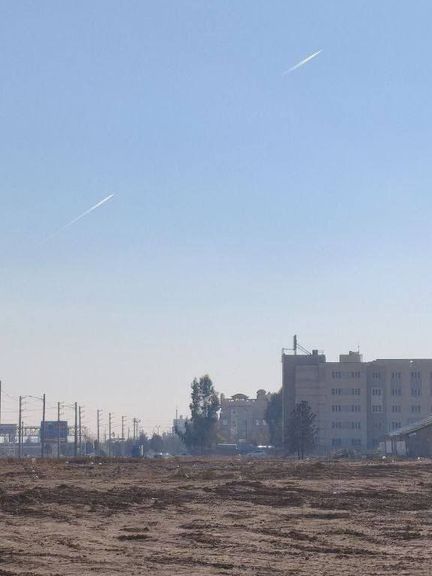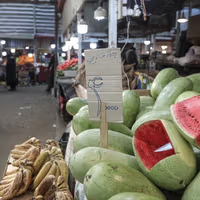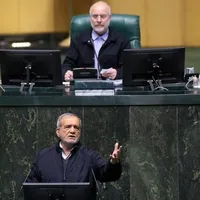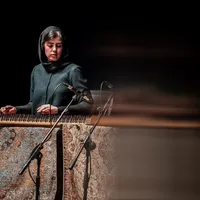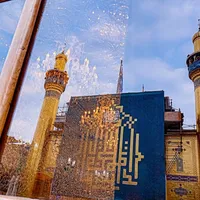“Every morning, I wake up dreading my kids going out and taking in poison instead of air,” says Marjan, a 45-year-old mother of two. “Is there such a thing as a right to clean air? Because if there is, that’s yet another one taken away from us.”
Air pollution is nothing new in Iran, especially in the capital Tehran. But in recent years it has reached unseen levels, choking the city and its residents under a toxic shroud.
“If it weren’t for my husband’s and my jobs, we would have left Tehran long ago. But it’s hard to find work in smaller towns, and the bigger ones have bad air too,” Marjan adds.
The causes of Iran’s air crisis are manifold. Low-quality gasoline powers vehicles and mazut or heavy fuel oil power most of the country’s power plants.
Despite holding the world’s second-largest gas reserves after Russia, Iran faces chronic shortages of refined gas due to high demand, inefficiency and sanctions, which prevent access to the technology needed for conversion. Substandard fuels like mazut have to be utilized.
Public transportation is outdated and underdeveloped, failing to provide a viable alternative to private cars, which themselves are inefficient and poorly designed. Low-quality motorcycles, aging buses and trucks all play a part.
Who's at fault?
Farhad, who spends over two hours daily commuting, describes the predicament he and many like him face daily.
“They try to blame people, saying there are too many single-occupancy cars. But public transport is limited. For many journeys, on many routes, you have no choice but to drive your car.”
And the cars are at least as much to blame as their drivers, Farhad adds.
“My car is Iran-made. It’s garbage, but it’s the only one I can afford. Foreign cars sell for many times their global price because of all the tariffs and bans. The government basically rigs the market to sell these death chariots and keep the state-backed manufacturers afloat.”
Iran-made vehicles are inefficient and unsafe, contributing to over 20,000 traffic fatalities each year. That's at least two every hour.
Deaths caused by air pollution are harder to quantify. Officials say the number is roughly the same as those killed in car accidents, but most experts say it's higher. Over half of the country’s population is exposed to polluted air.
The elderly and kids are more at risk.
Abandoning the capital
“Whenever my son stepped outside to go to school, his eyes would burn and shut tightly. It was so severe he couldn’t open them. Doctors told us it was the air.”
Parisa worked as a marketing assistant in Tehran. She and her husband decided they had to move for their 9-year-old’s sake.
“It wasn’t easy adjusting to village life,” she says. “It’s cheaper here but there’s no work. We’ve been lucky to have found remote work, but we’re constantly worried that they might call us back to the office. Our son can’t go back to that toxic air.”
Efforts to reduce mazut consumption, such as cutting residential and industrial electricity, have done little to alleviate the crisis. Protests over power outages and pollution have erupted in several cities.
Not just Tehran
Isfahan, another major city, suffers from unique challenges. The drying of its much-loved, almost mythical river, Zayandeh Roud, has worsened air quality. Several heavy industries surround the city, adding to the problems.
Many Isfahanis, known for pride in their historic city, are considering relocation. But where to?
“Isfahan is no longer livable,” says Shahryar, a 55-year-old shopkeeper. “The river is dry, and the air is poisoned. Some days, the smog is so thick it blankets and darkens the city. It kills people and their spirit.”
Iranians are gasping for air. Literally. And they blame the state. Sanctions, unchecked urban sprawl, inefficient cars, rising demand for energy—all that is to be pinned on those ruling the country.
Shahryar—like a good old Isfahani— sums up the situation with a verse of classical Persian poetry. “Whichever way I turned, my fear only grew.”
